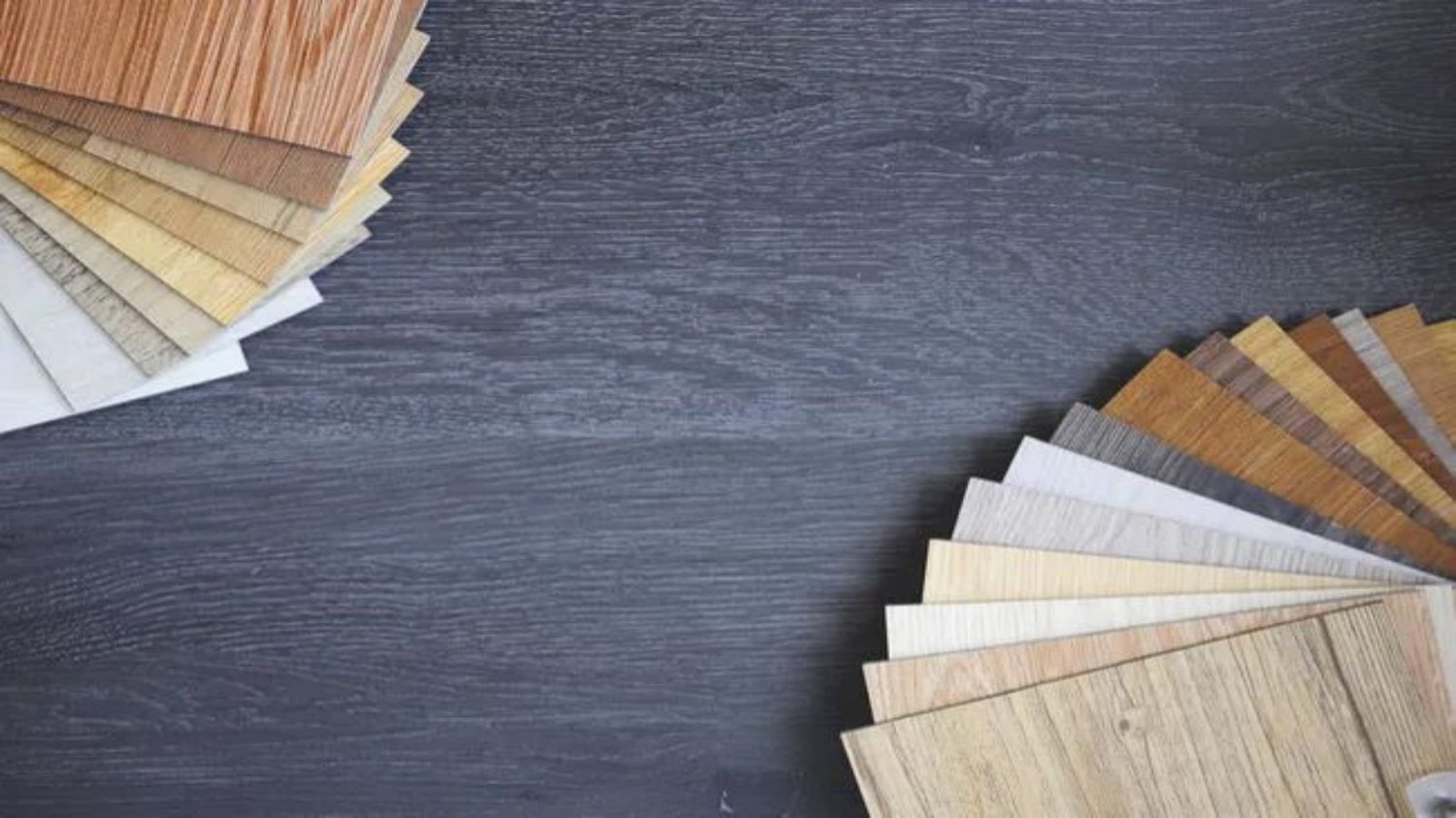The Difference Between SPC Flooring Vs WPC, LVP, PVC and Vinyl Flooring
Solid Polymer Core (SPC) flooring, Wood Polymer Composite (WPC) flooring, Luxury Vinyl Plank (LVP), Polyvinyl Chloride (PVC) flooring, and vinyl flooring are all popular choices for homeowners looking for durable and stylish flooring options. However, understanding the differences between these types of flooring is crucial in making an informed decision for your home. In this article, we will explore the various aspects that set SPC flooring apart from WPC, LVP, PVC, and vinyl flooring.
1. SPC Flooring: A Rigid Core Solution
SPC flooring, also known as rigid core flooring, is constructed with a solid polymer core. This core is made from a combination of natural limestone powder, polyvinyl chloride, and stabilizers. The result is a highly durable flooring option that can withstand heavy foot traffic and resist damage from moisture, spills, and scratches.
2. WPC Flooring: A Blend of Wood and Polymer
WPC flooring, on the other hand, stands for Wood Polymer Composite. It combines a wood-based core with a polymer top layer. This composition gives WPC flooring the appearance and texture of hardwood while offering enhanced durability. WPC flooring is also known for its excellent water resistance.
3. LVP Flooring: The Luxury Vinyl Plank
Luxury Vinyl Plank (LVP) flooring is a type of vinyl flooring that mimics the look and feel of real wood. It is constructed with multiple layers, including a durable wear layer, a vinyl layer with a high-resolution image of wood, and a backing layer for stability. LVP flooring is a popular choice due to its affordability, durability, and ease of installation.
4. PVC Flooring: Versatile and Cost-Effective
Polyvinyl Chloride (PVC) flooring is a synthetic plastic flooring option that offers versatility and cost-effectiveness. PVC flooring is available in a wide range of colors, patterns, and textures, allowing homeowners to achieve their desired aesthetic. It is also known for its resistance to water, stains, and scratches, making it suitable for high-moisture areas.
5. Vinyl Flooring: A Classic Choice
Vinyl flooring is a broad term that encompasses both LVP flooring and PVC flooring. It is a popular choice for homeowners due to its affordability, low maintenance requirements, and wide range of design options. Vinyl flooring is available in various styles, including tiles, sheets, and planks, allowing homeowners to find the perfect fit for their space.
6. Durability and Resilience
When it comes to durability and resilience, SPC flooring takes the lead. Its solid polymer core provides exceptional stability and resistance to impacts, making it ideal for high-traffic areas. WPC flooring and LVP flooring also offer good durability, but they may not be as resistant to heavy impacts as SPC flooring. PVC flooring and vinyl flooring are durable options but may be more susceptible to scratches and dents.
7. Water Resistance
Both SPC flooring and WPC flooring excel in terms of water resistance. The polymer core in SPC flooring and the wood polymer composite in WPC flooring are naturally resistant to water damage. LVP flooring, with its multiple layers and waterproof wear layer, also offers excellent water resistance. PVC flooring and vinyl flooring are generally water-resistant but may not be suitable for high-moisture areas or places prone to standing water.
8. Installation Methods
Installation methods vary between these flooring options. SPC flooring, WPC flooring, and LVP flooring often feature a click-together or floating installation system, allowing for easy and quick installation. PVC flooring and vinyl flooring can be installed using various methods, including glue-down, loose-lay, or click-together systems, depending on the specific product.
9. Maintenance and Care
All the mentioned flooring options are relatively low maintenance. Regular sweeping, vacuuming, and occasional damp mopping are usually sufficient to keep them clean. It is important to avoid using harsh chemicals or abrasive cleaners that may damage the surface. Always follow the manufacturer's recommendations for maintenance and care to ensure the longevity of your flooring.
10. Cost Considerations
When it comes to cost, PVC flooring and vinyl flooring are often the most affordable options. SPC flooring and WPC flooring are generally priced higher due to their enhanced durability and water resistance. LVP flooring falls in the mid-range, offering a balance between affordability and quality. However, it is important to consider the long-term value and durability of the flooring when making a cost comparison.

